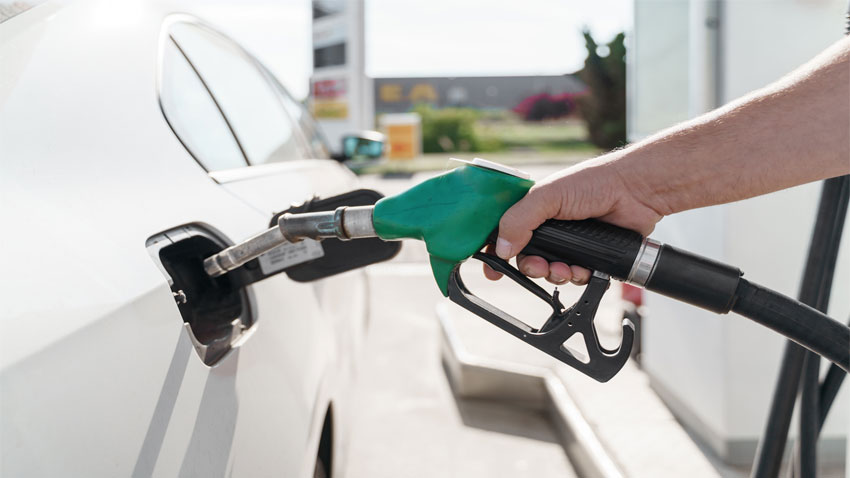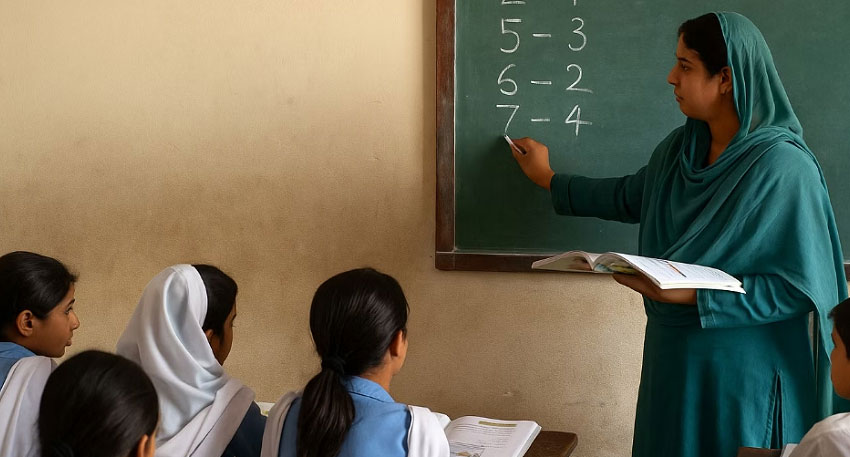
According to the Pakistan Bureau of Statistics (PBS), the Sensitive Price Indicator (SPI) for the week ended November 6, 2025, dropped to 333.55 points from 335.53 last week. On a yearly basis, however, inflation increased by 4.18%.
The SPI covers 51 essential items across 17 cities. Data showed that prices for 18 items increased, 12 declined, and 21 remained unchanged. For lower-income groups spending up to Rs17,732, inflation fell by 1.04%, while other income brackets also saw slight decreases.
Among the items that became costlier were eggs (2.40%), bananas (2.32%), firewood (1.61%), diesel (1.12%), beef (0.93%), tea prepared (0.92%), petrol (0.91%), and bread (0.55%). Wheat flour, powdered milk, and cooking oil also edged up slightly.
Read more: Today’s gold rates in Pakistan: Why traders are waiting for next big move
Meanwhile, major drops were seen in tomatoes (37.93%), onions (4.88%), garlic (3.23%), chicken (0.68%), and sugar (0.64%). Despite this, the annual data showed sharp hikes in items like ladies sandals (55.62%), sugar (43.67%), gas charges (29.85%), and wheat flour (19.50%).
Items like garlic, pulses, electricity charges, potatoes, and tomatoes saw declines compared to last year, offering some relief to households.
While overall inflation slowed, the increase in basic foods and fuel shows mixed signals for consumers. Prices of daily essentials rising even as inflation falls may indicate unstable market trends. Experts believe upcoming fuel adjustments and global price shifts could decide whether relief lasts or fades soon.




